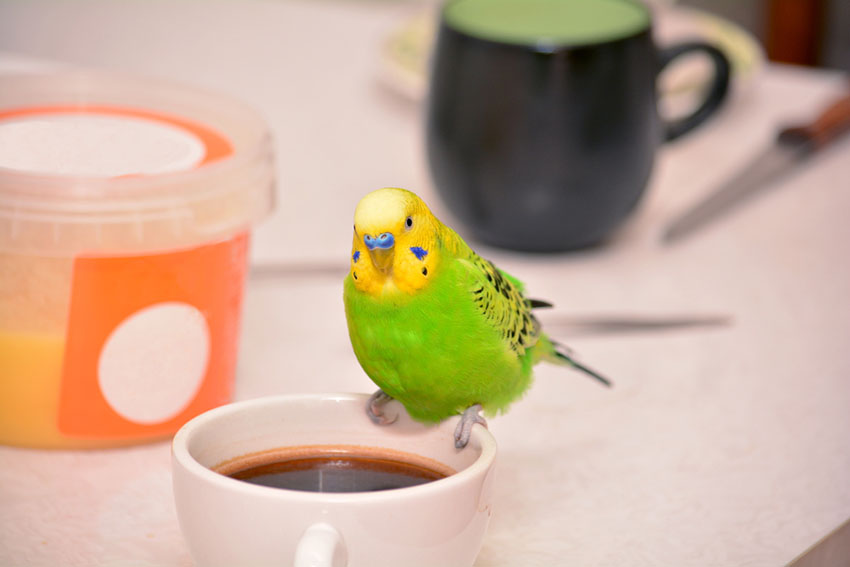Parrots can’t eat chocolate, avocado, caffeine, alcohol, and onions. These foods can be toxic and harmful to their health.
Parrots are highly intelligent and curious birds known for their vibrant colors and ability to mimic human speech. As responsible owners, it is crucial to provide them with a balanced diet that caters to their nutritional needs. While parrots have a diverse palate, there are certain foods that they should avoid at all costs.
We will explore what parrots can’t eat and why it is important to steer clear of these toxic and harmful food items. By being aware of these dietary restrictions, you can ensure the well-being and longevity of your feathered friend. Let’s delve into the details and discover the foods that are best left off the parrot’s menu.
1. Harmful Foods For Parrots
Parrots need a well-balanced diet to stay healthy, and there are certain foods that should be completely avoided. These include chocolate and caffeinated beverages, which are toxic to parrots and can lead to serious health issues. Another harmful food for parrots is avocado, as it contains a substance called persin that can be toxic to birds.
Onion and garlic should also be avoided, as they can cause anemia in parrots. It’s important for parrot owners to be aware of these foods and make sure to keep them out of their pet’s reach. Providing a nutritious and safe diet is crucial for the overall health and longevity of parrots.
2. Toxic Fruits And Vegetables For Parrots
Parrots cannot consume certain fruits and vegetables due to their harmful effects. Grapes and raisins, for instance, pose a risk to their health, as they can cause kidney failure. Similarly, citrus fruits should be avoided as their high acidity can lead to digestive problems.
Another toxic substance for parrots are tomato leaves and stems, which contain solanine that can be poisonous. It is crucial to ensure the safety of your parrot’s diet by avoiding these harmful foods. Instead, opt for a balanced and nutritious diet consisting of bird-safe fruits, vegetables, and seeds.
Keep in mind that the well-being of your parrot depends on providing it with a suitable and healthy diet that excludes these toxic fruits and vegetables.
3. Common Household Items That Pose A Threat To Parrots
Parrots are sensitive creatures and there are several common household items they should avoid. Alcohol can be extremely toxic to parrots, causing symptoms such as depression, lack of coordination, and even death. Salt and salty foods should also be kept far away from these birds as their bodies are not equipped to process excessive amounts of sodium.
Ingesting large amounts of salt can lead to dehydration and organ failure. Certain plants and flowers may be beautiful additions to our homes, but they can be dangerous to parrots. Some plants like lilies, azaleas, and tulips are toxic to these birds and can cause vomiting, diarrhea, and difficulty breathing.
It is important to carefully research and monitor what our feathered friends can and cannot consume to ensure their health and safety.

Credit: www.omlet.us
Conclusion
It is crucial to be aware of what parrots can’t eat to ensure their health and well-being. By avoiding harmful foods such as chocolate, caffeine, avocado, alcohol, and onions, we can protect our feathered friends from potential toxins and health issues.
Instead, we should focus on a well-balanced diet that includes fruits, vegetables, grains, and protein-rich foods to meet their nutritional needs. Remember, our parrots rely on us to provide them with a safe and nutritious diet. It is important to consult with avian veterinarians or experts to obtain a comprehensive list of foods that should be avoided.
By being diligent and informed about what parrots can’t eat, we can ensure that our feathered companions thrive and live a long and healthy life. Let’s take the necessary steps to provide optimal care for our beloved parrots!
